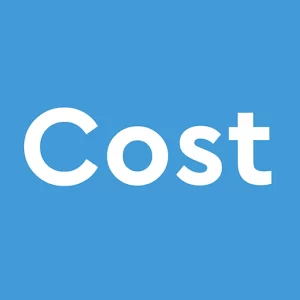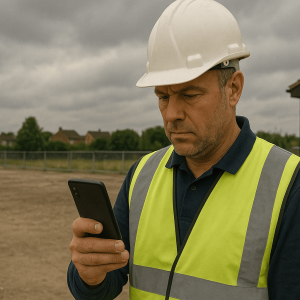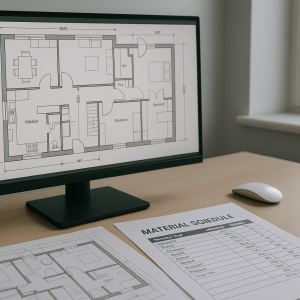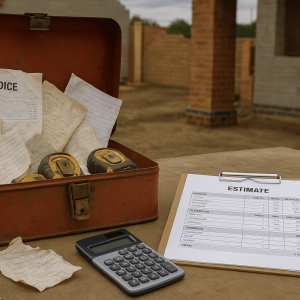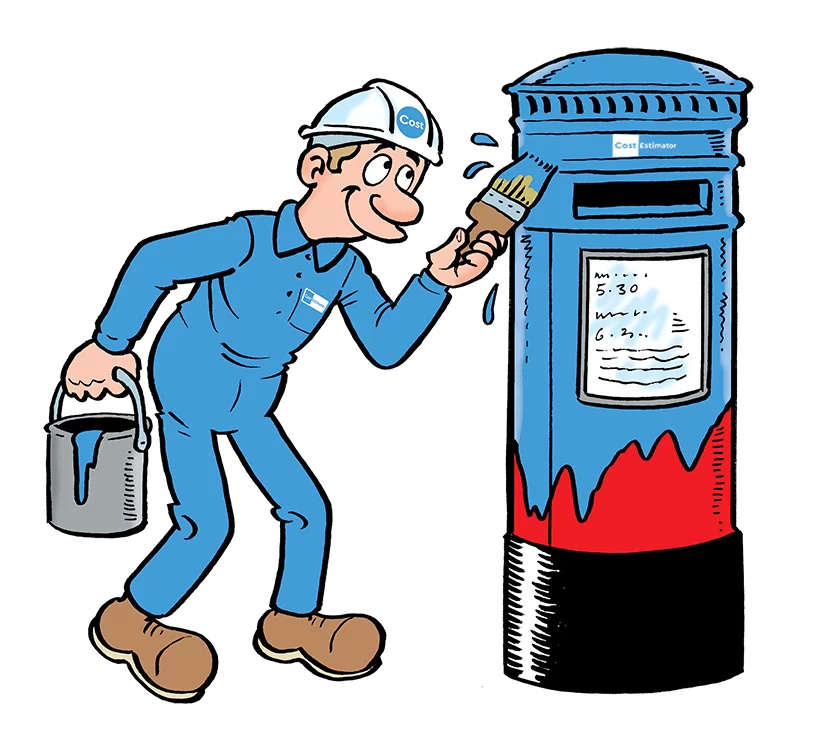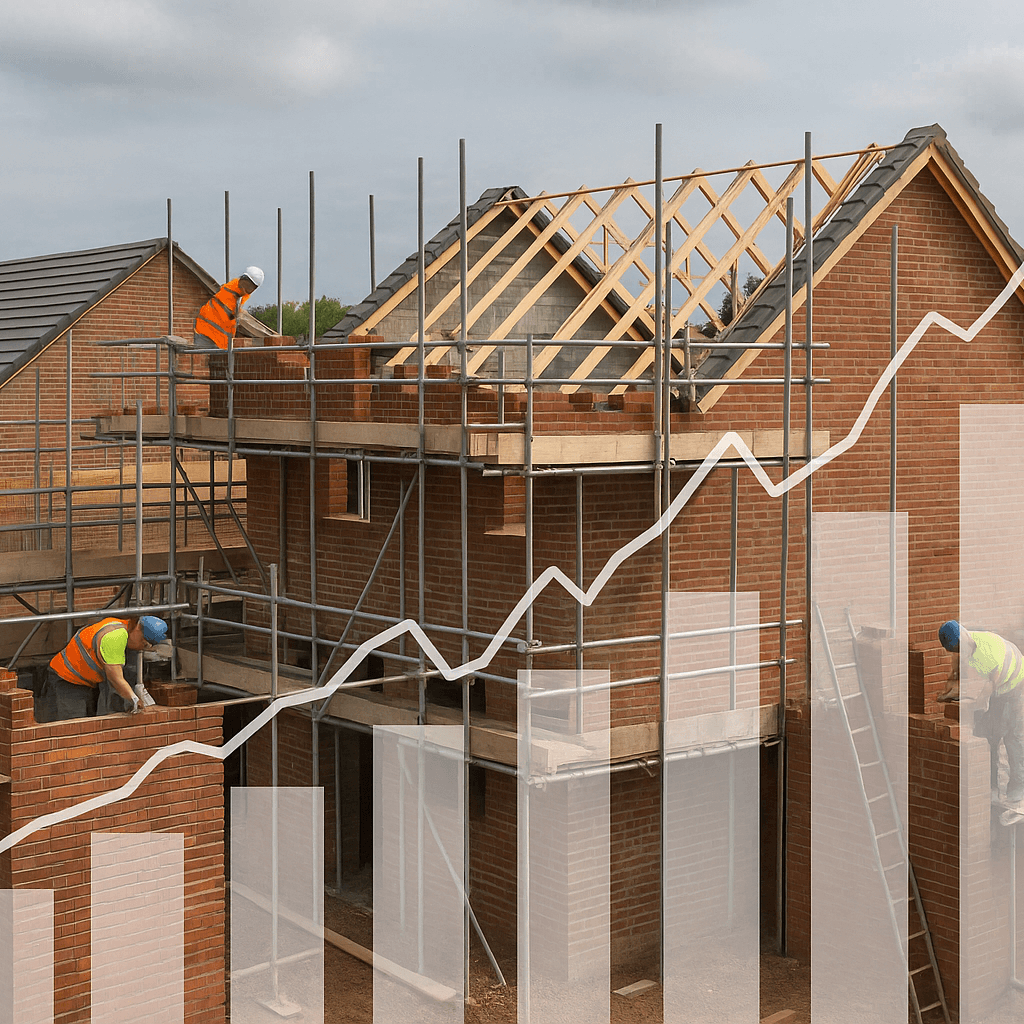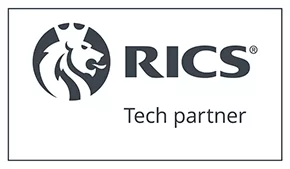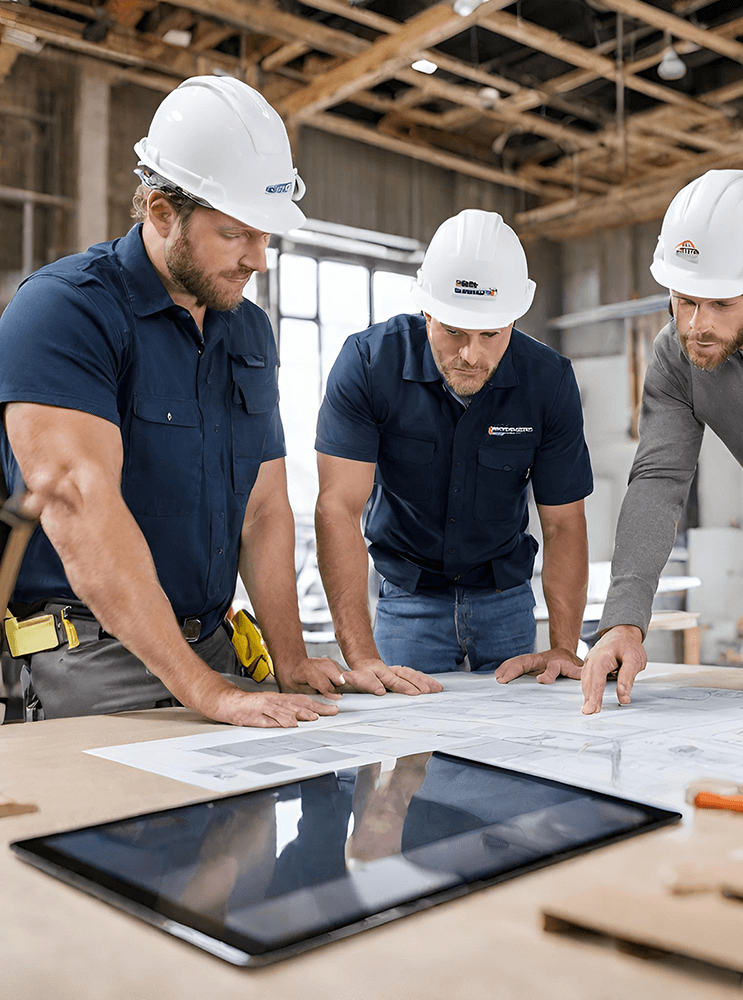If you’ve ever wondered why some construction projects sail smoothly while others flounder with cost overruns, the answer often lies in the initial stages of cost estimation. But what’s the secret behind ensuring that these estimates don’t just look good on paper, but actually hold up in the real world? The key ingredient is stringent quality control. In this post, we peel back the layers on how Cost Estimator leverages robust quality control to deliver reliable and detailed construction cost estimates.
Why is Quality Control the Lynchpin in Construction Cost Estimation?
Before diving into the specifics, let’s establish why quality control is not just important but essential in the domain of construction cost estimation:
- Accuracy: Minimizes the risk of cost overruns which can destabilize project finances.
- Reliability: Fosters trust through dependable project budgeting.
- Efficiency: Speeds up project timelines by avoiding fiscal surprises.
- Compliance: Assures adherence to financial norms and construction standards.
Digging Deeper: How Cost Estimator Upholds High Quality Standards
1. Thorough Data Collection
At the cornerstone of every precise estimate is deep-rooted attention to data collection. Here’s how Cost Estimator ensures not a single detail is missed:
- Updated material costs drawn from current market conditions.
- Accurate labour rates reflective of the local economic landscape.
- Equipment costs that encompass both purchase and rental prices.
- Comprehensive inclusion of regulatory fees and compliance costs.
2. Leveraging Cutting-Edge Technology
To keep the estimates error-free and up-to-date, Cost Estimator taps into advanced software solutions that:
- Automate complex calculations, squashing the chances of human error.
- Integrate real-time data, ensuring the estimates reflect current trends and figures.
- Offer clear, succinct, and detailed reporting to clients.
3. Expert Validation
Every estimate undergo/Input generated on the fly for continual improvement and learning.
- Enhancing service provision through insights gleaned from practical experiences.
Conclusion
Quality control forms the backbone of any sound construction cost estimation. It’s not just about getting the numbers right; it’s about ensuring these numbers withstand the tests of real-world project execution. Cost Estimator‘s commitment to thorough data analysis, the use of advanced software, expert review, and holistic client engagement translates into estimates you can trust. Whether you are an architect, builder, or self-builder, you can trust Cost Estimator to deliver precise and dependable estimates, helping you plan and execute your projects with confidence.
FAQs
1. Why is meticulous quality control imperative in construction cost estimation?
Quality control helps avoid costly overruns, ensures reliable budgeting, enhances project efficiency, and guarantees compliance with standards.
2. What types of data does Cost Estimator gather?
Data on material, labour, equipment costs, and regulatory fees are crucial to creating a comprehensive construction cost estimate.
3. How do software tools contribute to quality control?
By automating calculations and incorporating up-to-date market data, software tools help prevent errors and ensure accuracy in estimates
4. In what ways are clients involved in the estimation process at Cost Estimator?
Cost Estimator maintains active communication and transparency with clients, ensuring their feedback and requirements are reflected in the estimates.
5. What is the importance of expert review in the estimation process?
Expert review serves to cross-verify all the figures and assumptions, ensuring the estimates are both accurate and feasible.
6. What advantages does regular training and development bring to Cost Estimator’s team?
Continuous learning ensures the team remains proficient with the latest tools and complies with updated construction standards and market trends.
7. How does post-project analysis benefit future cost estimations?
It allows for actual cost comparisons, identification of estimation inaccuracies, and refining future estimation techniques based on past learnings.
8. Why are standardised procedures critical in Cost Estimator’s process?
Standardised procedures ensure consistency and reliability across all estimates, reflecting an organized and repeatable process.

